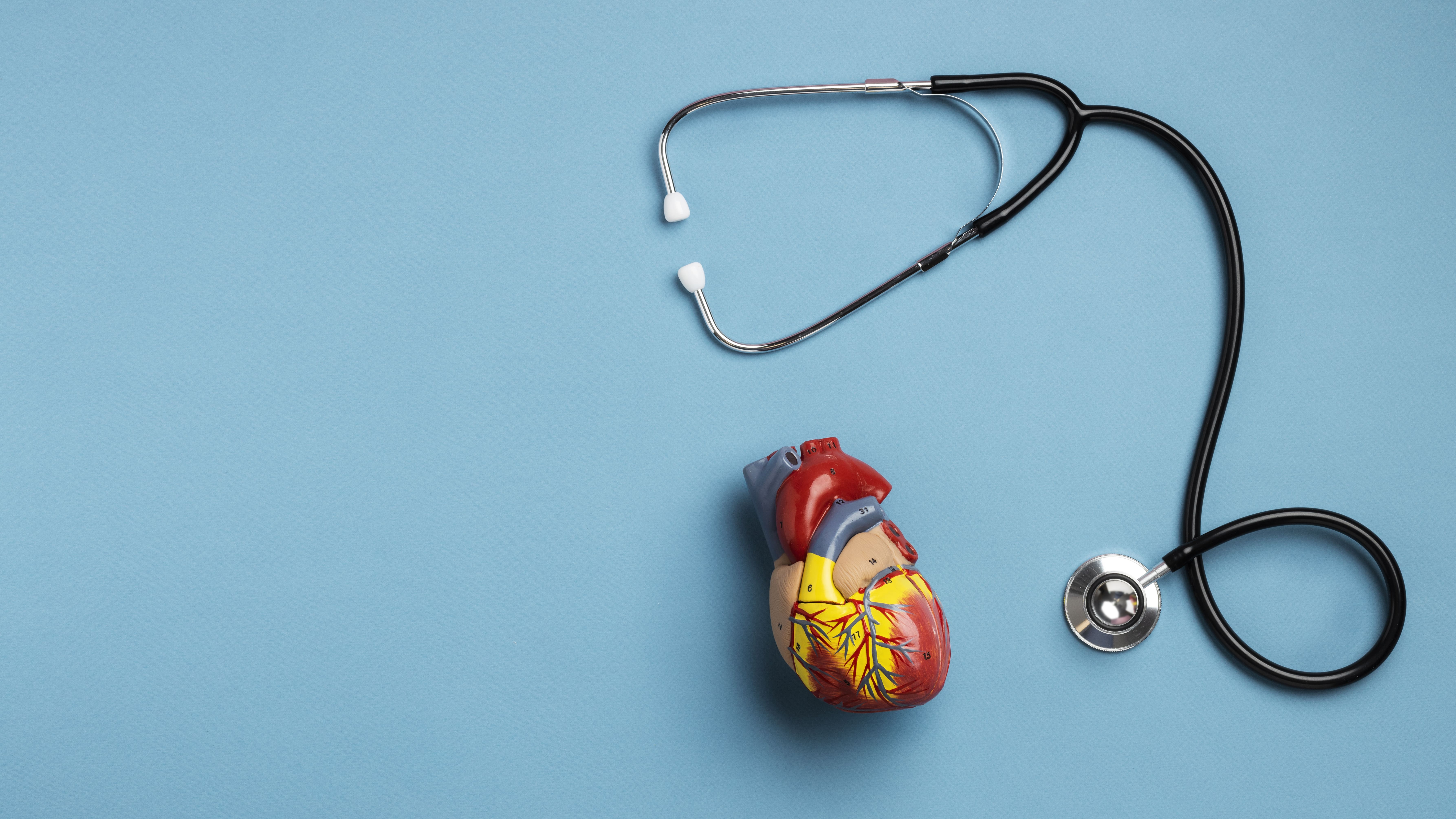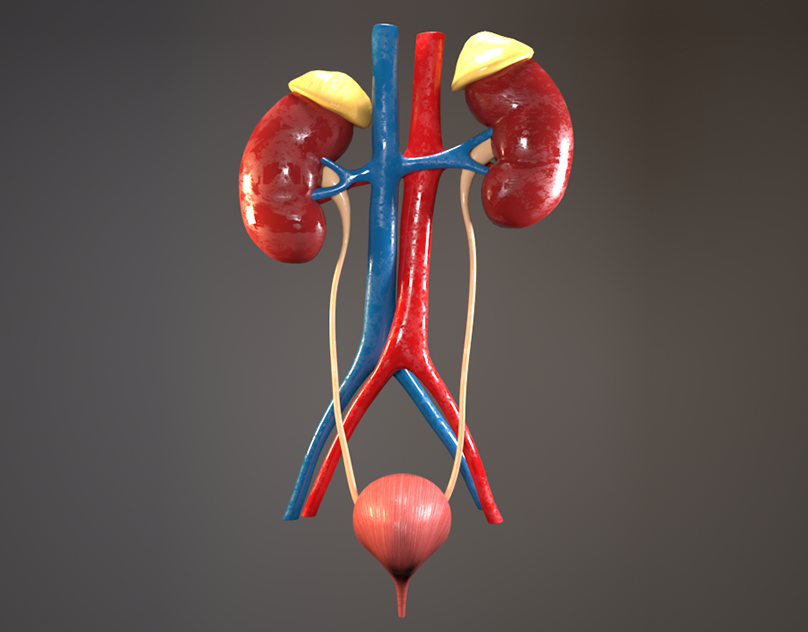
A balanced and Healthy Diet For Diabetes
March 14, 2024
Once considered the rich man’s disease, diabetes has become common among all walks of life. Diabetes is claimed to have taken more lives than AIDS or breast cancer, and having the condition nearly doubles your risk of having a heart attack. The cause of diabetes can be directly related to our lifestyle and eating habits.
Here’s how a healthy diet can make a difference.
When you start consuming a well-balanced, healthy meal:
- Your blood sugar stays in control, avoiding any complications;
- The risks of cardiovascular disease and the tissue damage caused due to high sugar levels are reduced;
- Your body weight remains ideal; and
- Your quality of life improves.
ALSO READ: Types of Diabetes
So, what makes a diet healthy? Your meals must include a variety of foods in the right proportion. A fibre-rich meal with fruits and vegetables is always best. Let’s dig a little deeper to understand what works for you and what doesn’t.
Carbohydrates
People with Type 1 diabetes have adopted this system where they calculate the total amount of carbohydrates in their meal and inject themselves with insulin to match the amounts of carbs eaten. Studies have shown that this method can improve the blood sugar levels and the quality of life.
Glycemic Index (GI)
GI indicates the effect of carbohydrates on a person’s blood glucose. The GI diet is based on a fact that some carbohydrates raise the blood sugar levels immediately as compared to other carbs. Some examples with low GI index are brown rice, grilled fish, walnuts, cashews, peanuts, pasta etc.
What about some sugar?
People with diabetes are asked to stay away from sugar because even small amounts of sugar will have a large effect on your blood sugar levels.
Sugar Substitutes
There are sugar substitutes available in the market which can fulfill your sugar craving. They are aspartame, saccharine, acesulfame K, cyclamates, sucralose, and stevia. These sweeteners have little effect on the blood sugar levels, but they provide the same amounts of calories as sugar.
Diabetic foods
Today, you will see several diabetic-friendly products in the market. It is not necessary to use them as they are very heavy on the pocket and can have a laxative effect too. If you have a strong craving for some chocolate or cakes, small amounts of the same can be included in your diet.

Five portions every day
We are all aware that eating fruits and vegetables must be practised regularly. However, due to a hectic schedule, we neglect this basic concept. But changing this will prove extremely beneficial. People who consume plenty of fruits and vegetables regularly have a reduced risk of heart problems and cancer. Green veggies are great for diabetics as they contribute very little towards your blood sugar levels. Consume at least 5 portions (80 gm) of fruits and vegetables every day.
How to lower the risks of heart problems
People with diabetes are at a higher risk of heart disease and stroke. Therefore, following a proper diet can really help you avoid these severe conditions. Fat and salt are the main culprits which affect heart health. Here are some tips to avoid your intake.
Low Fat
Fat is not your friend, especially the saturated fat. You can reduce it by doing the following.
- Avoid frying and stick to grilling, steaming, dry-roasting, and boiling.
- Avoid cream, cheese, sauces, and mayonnaise etc.
- Eliminate packed and processed food, along with pastries and pies.
- Substitute with low-fat versions of some foods, for example low-fat curd, low-fat milk etc.
Low Salt
A high intake of salt is not good for your heart as it leads to high blood pressure and heart diseases. Therefore, to reduce it, reduce processed food and when buying frozen vegetables, choose options that are labeled as “fresh frozen”.
MUST READ: Healthy Eating as a Lifestyle
Omega-3 oils
Various studies have shown that omega-3 fatty acids from fish oil help decrease the risk of heart disease. Therefore, increasing your Omega-3 intake will keep your heart healthy. Ask your doctor what dosage you should use.
Most of the time people with type 2 diabetes require medical attention immediately- whether they are at home in the middle of the night or in the middle of work. In many situations, this may include fainting, shortness of breath, feeling nauseated, and experiencing sudden vision loss. If you experience any of the symptoms, consult your doctor immediately.













